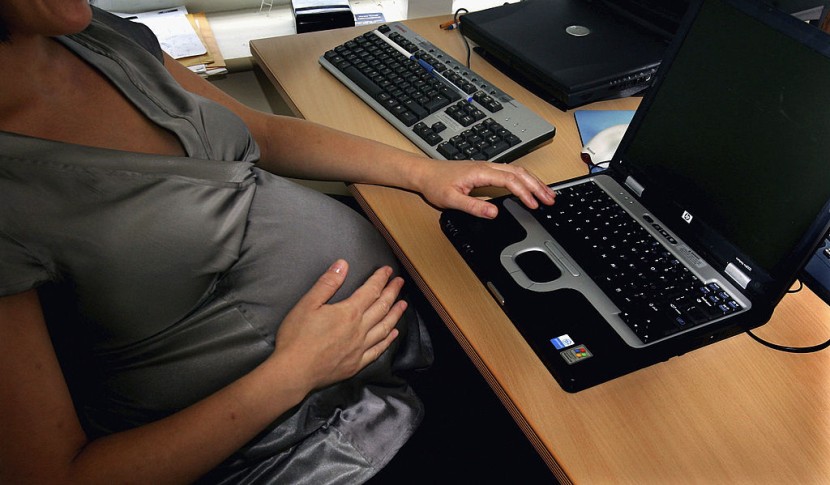
Rep. Jaime Herrera Beutler stated she was expecting her first child years ago when she ran from a House office building to Capitol Hills to vote. While Rep. Linda Sánchez, D-Calif., during her pregnancy in 2009, said she had gestational diabetes. It is a pregnancy complication that 2-10 percent of women develop, according to the Centers for Disease Control and Prevention.
Both women belong to only ten women in history to have served as a United States lawmaker while expecting a child. Such developments could have made them susceptible to risk and their babies if they had been working a different kind of job that is more physically demanding.
Pregnant Workers Fairness Act
The House of Representatives passed the bill on Friday that seeks to protect pregnant workers from workplace undermining. The act was approved by 351 votes against 101 votes.
Although the Pregnancy Discrimination Act of 1978 (PDA) proffers several protections, pregnancy discrimination remains too common. Even following the 2015 Supreme Court Decision in Young v. United Parcel Service, which enabled pregnant workers to file a lawsuit under the PDA for being undermined against for asking for adequate accommodations, pregnant workers are usually denied such accommodations, reported MS.
According to AFSCME President Lee Saunders, in a statement, the bill would offer women on-the-job rights and protections and "address longstanding health and economic injustices that disproportionately hurt women well into parenthood. Saunders added that no individual should have to choose between their safety and their children's lives and financial security, reported AFSCME.
Read Also: Joy-Anna Duggar, Austin Forsyth Welcome Rainbow Baby Following Still Birth, 'Counting On' Exit
Women are the prime and sole or co-breadwinners in over half of American households. An increasing number of pregnant women must work later into their pregnancies to sustain their family's financial stability. Minority women are particularly susceptible to health issues in the workplace. Numerous women work in low-wage, physically demanding work.
Sánchez worked as a waitress before she went to college. Capitol Hill has sometimes lacked accommodations for women. One example was the first lactation space that was not installed until almost 2010. According to Sanchez, "Being a member, I had a certain degree of flexibility that I think most women, and most, in most workforces in the country do not," reported USA Today.
The act also prohibits employers from denying employment to pregnant women because they need reasonable accommodations because of pregnancy or childbirth. U.S. Rep. John Katko was among the initial co-sponsors of the bill.
The act also draws inspiration from the Americans with Disabilities Act (ADA). It ensures pregnant workers cannot be demoted, subject to take leave, or otherwise retaliated against for requesting suitable accommodations. It also balances employer's interests by expounding that employers are not necessitated to grant concessions that impose problems on the business.
According to Saunders, they applaud the House of Representatives for passing the crucial legislation to protect pregnant workers' safety and physical well-being. They prompt the Senate to follow accordingly.
Related Article: Natural Ways to Boost Your Fertility
© 2025 HNGN, All rights reserved. Do not reproduce without permission.








